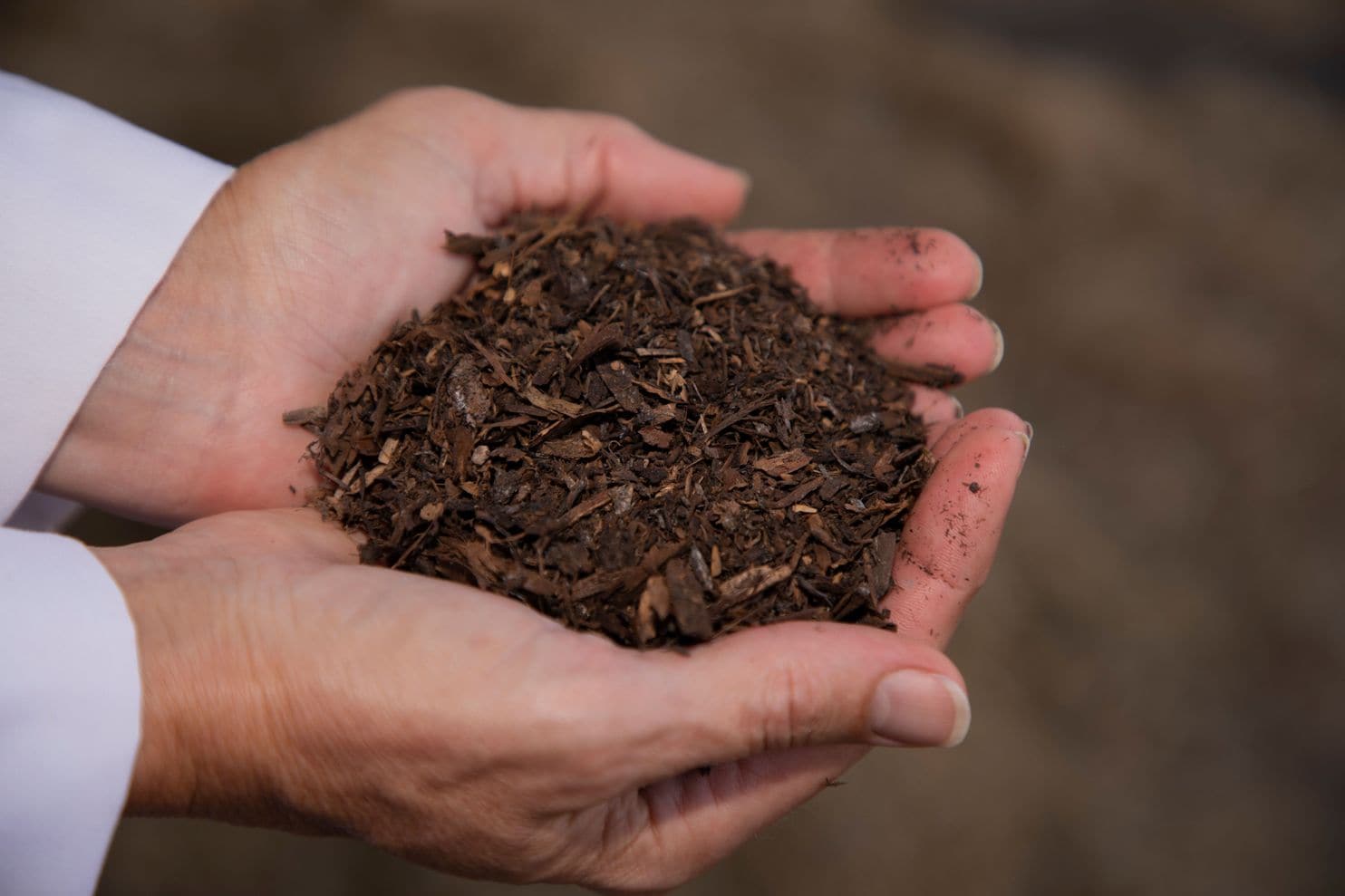Washington has become the first state in the US to legalise human corpse compositing, an alternative to the conventional cremation and burial of human
Washington has become the first state in the US to legalise human corpse compositing, an alternative to the conventional cremation and burial of humans after death. Although human composting is already legal in Sweden, in the UK, natural burials take place, which is where the body is buried without a casket or in a biodegradable coffin. The new law, which takes effect from May 1, 2020, recognises natural organic reduction and alkaline hydrolysis, sometimes called liquid cremation as acceptable means of disposition for human bodies.
The new law, signed by Jay Inslee, governor of Washington, makes it legal for people to have their corpse turned into soil, a practice often adopted in cities where lands available for use as graveyards are scarce.
“Burial is problematic first and foremost because it’s land use. Cremation is problematic because of greenhouse gas emissions and energy use. So what’s our next option? Recomposition offers an alternative to embalming and burial or cremation that is natural, safe, sustainable, and will result in significant savings in carbon emissions and land usage,” Katrina Spade, founder of Recompose said.
Spade, whose company lobbied for the law’s introduction and is set to be the first to provide the service in the US, explained that the process proceeds with the bodies being placed in a hexagonal steel container filled with alfalfa, wood chips and straw.
The container is then to be shut to allow the body decompose over the space of 30 days, creating two wheelbarrows’ worth of soil. After compositing, the family of the deceased would then be given the soil for use in planting flowers, vegetables or trees. Apart from being environmentally friendly, the recomposition of human corpse would lead to increased soil fertility and give back to the planet a little of what it gave us in life.
